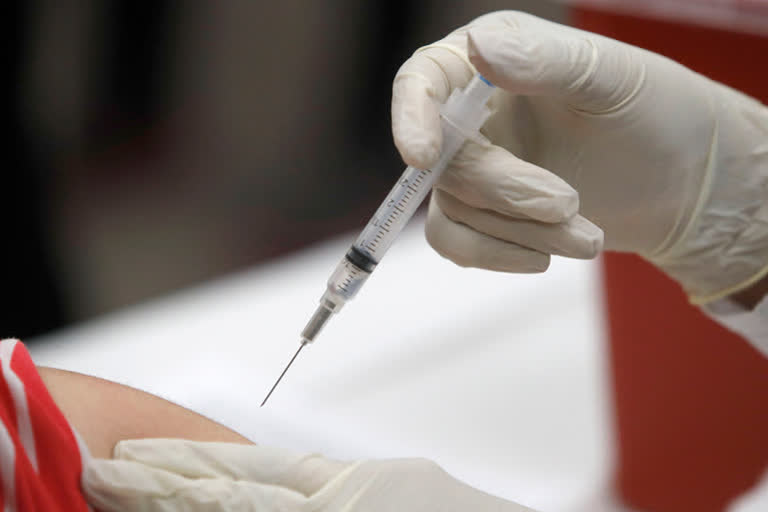Hyderabad: According to a group of Lithuanian and Kurdish scientists, measles, mumps, and rubella (MMR) vaccine could protect children from COVID-19. The hypothesis is reportedly based on the sequence similarity of the 30 amino acid residues of SARS-CoV-2, measles and rubella viruses.
The coronavirus pandemic has so far infected more than 96,99,562 and killed over 4,90,933 people across the world. More than 52,51,109 people have recovered.
According to detailed data of COVID-19-infected patients from China, Italy, and South Korea, the disease is less common and milder in children younger than 10 years of age.
The researchers claim that anti-bodies produced in children due to MMR vaccine could actually recognise some protein parts of COVID-19. These antibodies block the entry of the virus into the cells.
Read: Global COVID-19 tracker
According to reports, S protein is a key immunogenic protein of SARS-CoV-2 that induces the host immune system; the latter fights off the foreign particles that enter the human body by producing antibodies
Humans are routinely immunised against several viral diseases in early childhood, which usually induces broad immunity against the viral particles.
According to scientists, recent studies show that the levels of antibodies against MMR vaccination may persist for 15–20 years. Therefore, the protection against COVID-19 could last up to 15–20 years.
However, an experimental analysis is required in order to support the above mentioned hypothesis.



